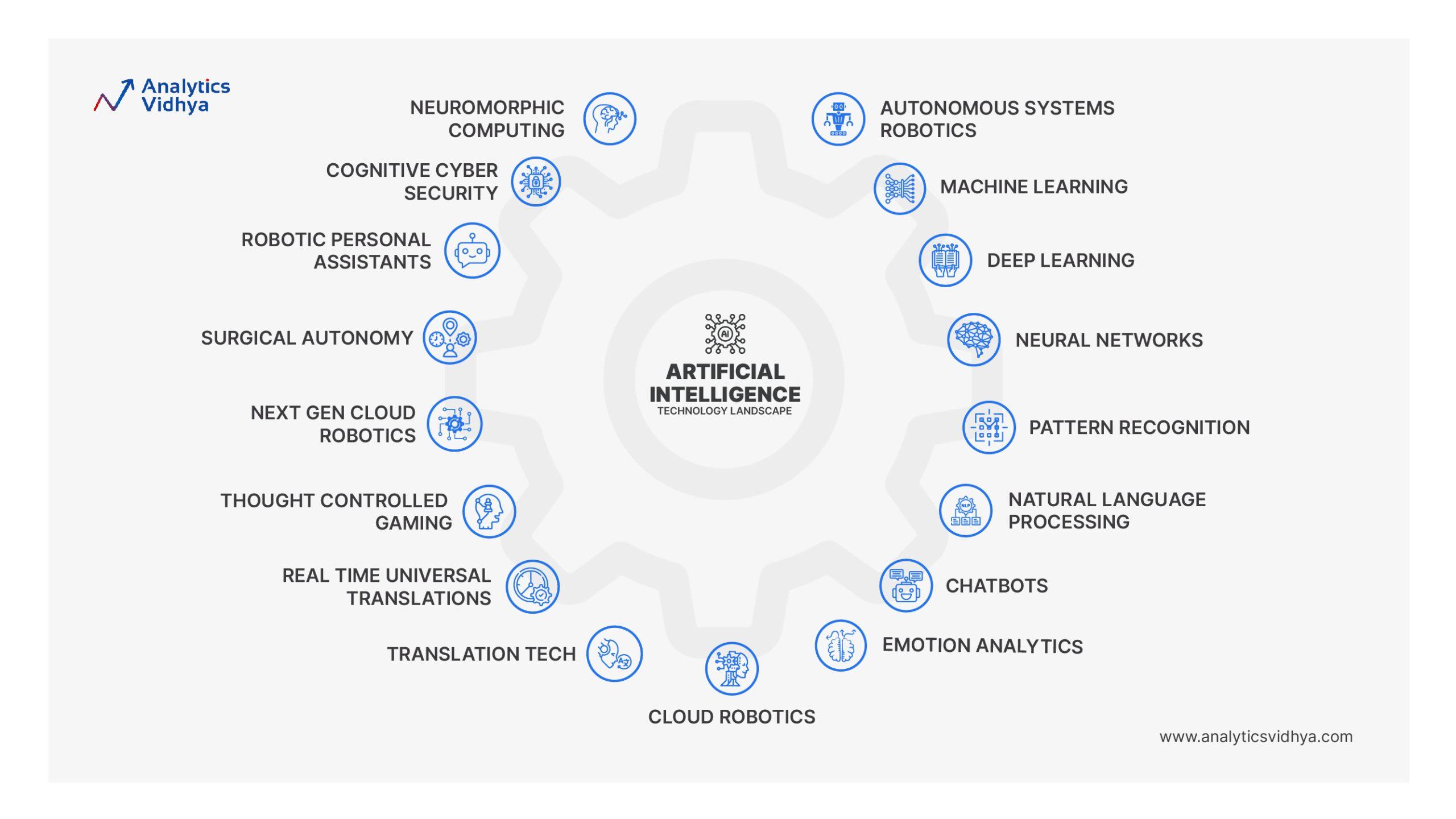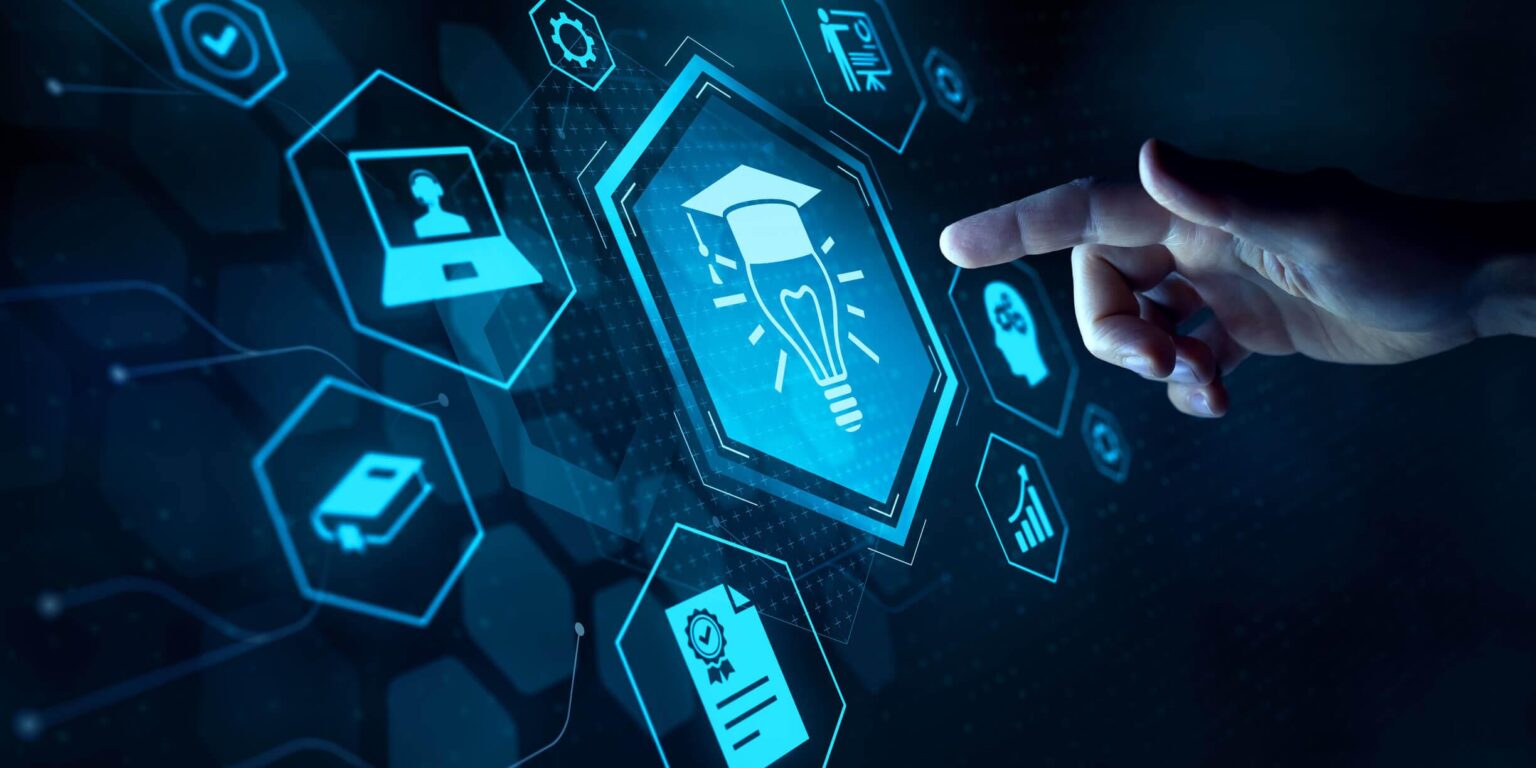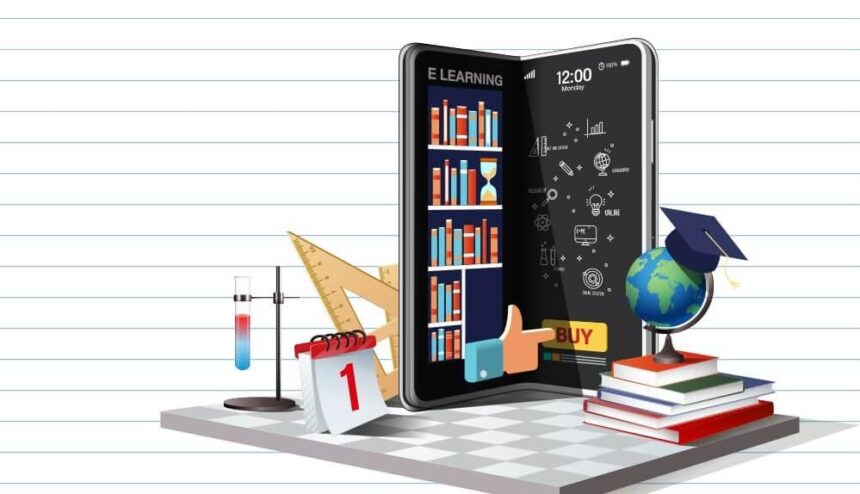In the rapidly evolving landscape of technology, artificial intelligence (AI) is reshaping the way we work, learn, and interact. As we stand on the brink of a new era, the workforce must adapt to harness the power of AI, transforming challenges into opportunities. With projections showing the AI market surging to an unprecedented 5.9 billion by 2025, individuals seeking to thrive will need to acquire essential skills that transcend traditional job roles. In this article, we will explore the vital competencies and knowledge required to navigate this AI-driven future, ensuring that professionals remain relevant and effective in a world where intelligent systems are becoming increasingly integrated into our daily lives. From the art of crafting precise AI prompts to setting up automated customer service solutions, understanding these skills is key to not just surviving but excelling in tomorrow’s workforce.
Embracing Digital Literacy as a Foundation for Success
In the rapidly evolving landscape of the AI era, digital literacy emerges as not just a skill but a vital foundation for success. As technology integrates deeper into our everyday lives, individuals equipped with digital competencies will not only adapt but thrive in their careers. This encompasses a broad spectrum of abilities, including the effective use of digital tools, understanding data privacy, and the ability to critically evaluate information found online. Emphasizing the development of these skills will create a workforce capable of navigating challenges with agility and confidence.
Furthermore, embracing digital literacy fosters innovation and creativity across various sectors. When individuals can leverage technology effectively, they can harness its capabilities to drive collaboration and problem-solving. Essential skills for tomorrow’s workforce include:
- Basic IT Skills: Proficiency in software applications and productivity tools.
- Data Analysis: The ability to interpret and utilize data for informed decision-making.
- Critical Thinking: Evaluating digital content’s credibility and relevance.
- Online Communication: Mastering virtual communication platforms to enhance team collaboration.

Fostering Adaptability in a Rapidly Changing Landscape
In today’s ever-evolving workforce, fostering adaptability is essential for both individuals and organizations. As the landscape shifts increasingly towards automation and AI, it is vital to cultivate a culture that embraces change and innovation. This can be achieved by implementing targeted training programs that enhance crucial skills such as:
- Critical Thinking: Encouraging employees to analyze situations and make informed decisions.
- Emotional Intelligence: Developing the ability to understand and manage emotions, improving collaboration.
- Flexibility: Promoting open-mindedness to new ideas and practices, enabling quicker adaptation.
Moreover, organizations can facilitate this process by creating opportunities for cross-functional teamwork and knowledge sharing. Establishing mentorship programs that pair experienced employees with newer staff can provide invaluable insights into navigating change. Often, the following strategies can deepen this adaptability:
- Regular Feedback: Utilizing ongoing feedback to adjust goals and approaches in real-time.
- Resilience Training: Offering resources to help employees cope effectively with setbacks and stress.
- Incentivizing Innovation: Encouraging creative problem-solving by rewarding novel ideas and solutions.
Cultivating Critical Thinking to Drive Innovation
In the rapidly evolving landscape shaped by artificial intelligence, fostering a mindset rooted in analytical thinking is paramount. This involves encouraging individuals to examine problems from multiple angles and challenge assumptions. By integrating creative problem-solving techniques, organizations can enhance their capacity for innovation. Key strategies to cultivate this include:
- Encouraging open dialogue: Facilitate brainstorming sessions where ideas can flow freely without judgment.
- Implementing real-world scenarios: Use case studies that necessitate critical evaluation and innovative solutions.
- Promoting continuous learning: Invest in training programs focused on critical thinking and adaptive reasoning.
Furthermore, organizations that prioritize critical thinking can better navigate challenges presented by AI integration. For instance, developing a framework that leverages both human intuition and machine processing can lead to breakthroughs in product development and service delivery. Consider the following attributes that can enhance innovation:
| Attribute | Impact on Innovation |
|---|---|
| Interdisciplinary Collaboration | Brings diverse perspectives, fostering creative solutions. |
| Data-Driven Decision Making | Enhances accuracy and relevance in innovative strategies. |
| Flexibility in Processes | Allows for rapid adaptation to new information and technologies. |
Enhancing Collaboration Skills in an AI-Driven World
In an increasingly automated landscape, fostering collaboration skills is essential for thriving alongside AI technologies. Human interaction remains irreplaceable, and developing the ability to collaborate effectively can set individuals apart. Key collaboration skills include:
- Active Listening: Understanding others’ perspectives enhances teamwork.
- Open Communication: Sharing ideas clearly prevents misunderstandings.
- Adaptability: Flexibility in approach helps in adjusting to changing dynamics.
Moreover, leveraging digital tools can further enhance collaborative efforts. Platforms such as Slack and Microsoft Teams facilitate seamless communication among team members, irrespective of location. A comparison of popular collaboration tools illustrates their unique strengths:
| Tool | Key Feature | User Base |
|---|---|---|
| Slack | Real-time messaging and integrations | Enterprise teams |
| Microsoft Teams | Integrated with Office 365 | Businesses of all sizes |
| Trello | Visual project management | Creative teams |
Future Outlook
As we stand at the crossroads of the AI era, it’s clear that the landscape of work is transforming at an unprecedented pace. The essential skills that will define tomorrow’s workforce extend beyond technical prowess; they encompass adaptability, creativity, and emotional intelligence. Embracing these competencies will not only empower individuals to navigate the complexities of an AI-driven world but also foster a collaborative environment where humans and machines can thrive together.
As we look ahead, let’s remain curious and proactive. The journey through this new frontier is not merely about mastering technology but about enhancing the human experience. By cultivating a mindset of lifelong learning and openness to change, we can collectively shape a future where innovation and humanity coexist harmoniously. The AI era is not just a challenge; it’s an opportunity to redefine what it means to work and to grow in a world where possibilities are limitless.









